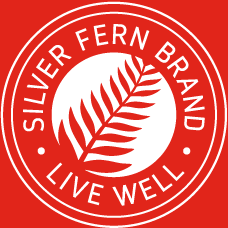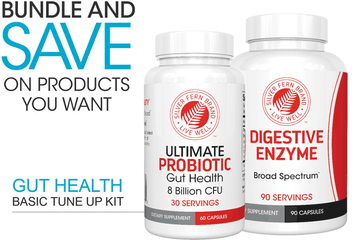.
Why should you be aware of the cons of a high protein diet?
If you know what they are then you can address them and help offset those issues with gut health. (And if you are smart, you can use gut health to actually improve your body composition goals.)
.
My personal list of go to supplements for a high protein diet are:
• Digestive enzymes loaded in protease, acid stable protease, and peptidase for complete 100% protein break down and help taking protein to amino acids as soon as possible in the digestion process for a variety of reasons. After the age of 40, our dietitians have advised me that taking enzymes with high protein meals is best to maximize the benefits of the protein
• Probiotics, like B. coagulans, have been shown to actually increase protein absorption and maximize health benefits of protein. Probiotics, like S. boulardii and B. coagulans, are shown to help prevent bacteria imbalances
• Precision prebiotics can target the growth of SCFAs to help drive down inflammation and negative side effects of a high protein diet as well as improve the metabolism and reduce body fat
• Since a high protein diet can trigger immune responses, it only makes sense to offset that with immunoglobulins that are shown to decrease immune activation
.
Do I take these supplements all the time? I’m pretty consistent but within reason. I take immunoglobulins whenever I feel run down, stressed, or am working out extra hard. I take prebiotics and probiotics daily. Aside from our prebiotics, I also add in other prebiotics to my smoothie each morning. And I take enzymes that are shown to address a complete protein break down with my high protein meals.
.
Any questions?




